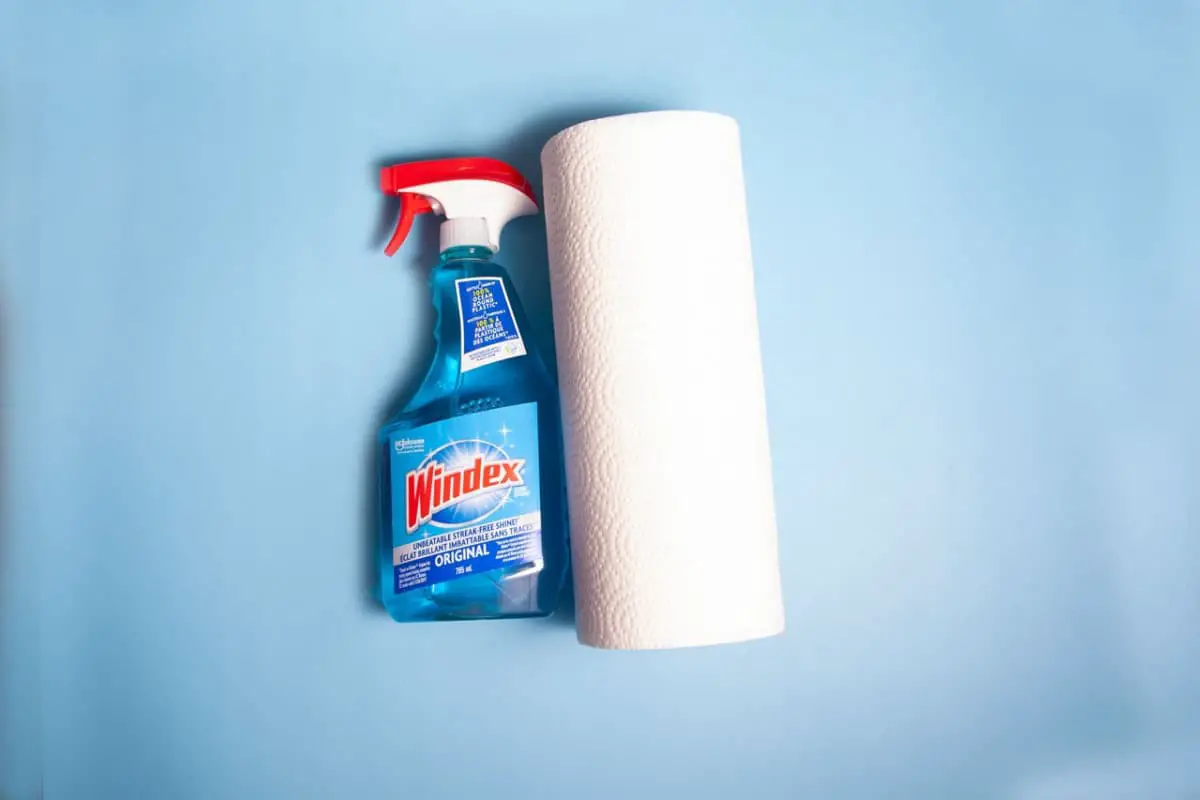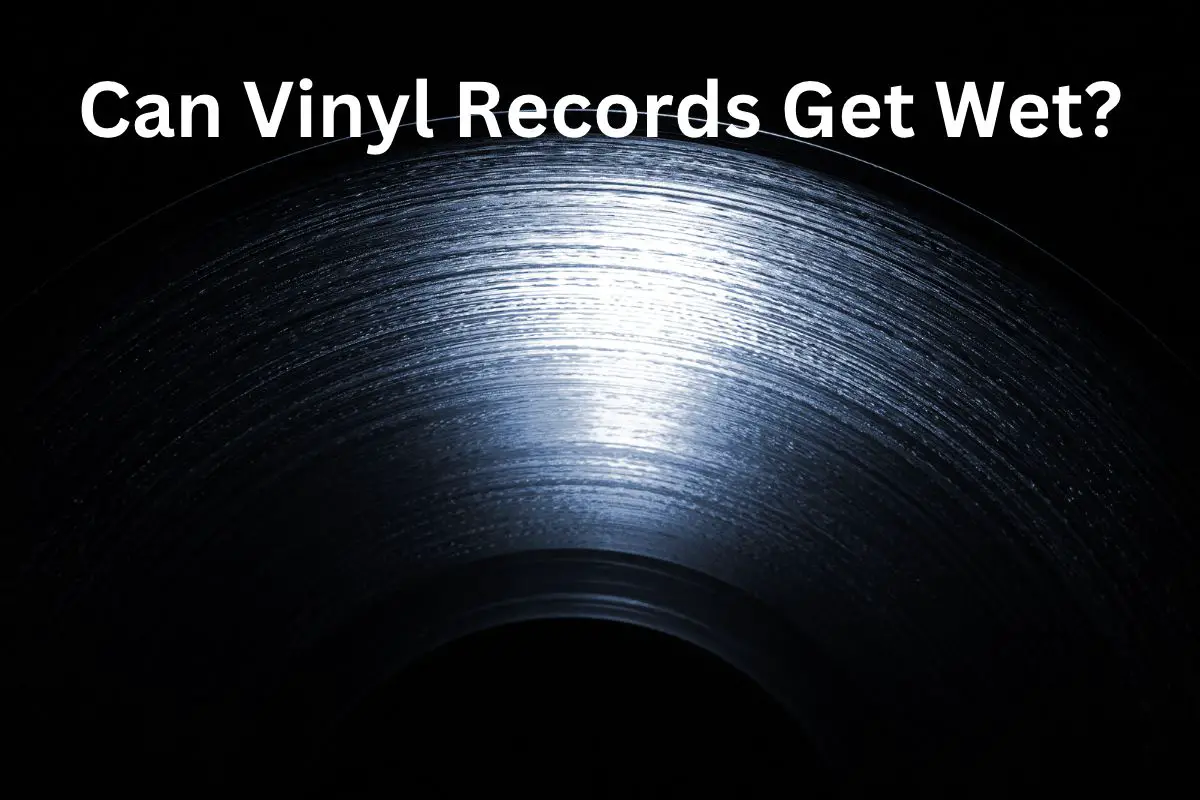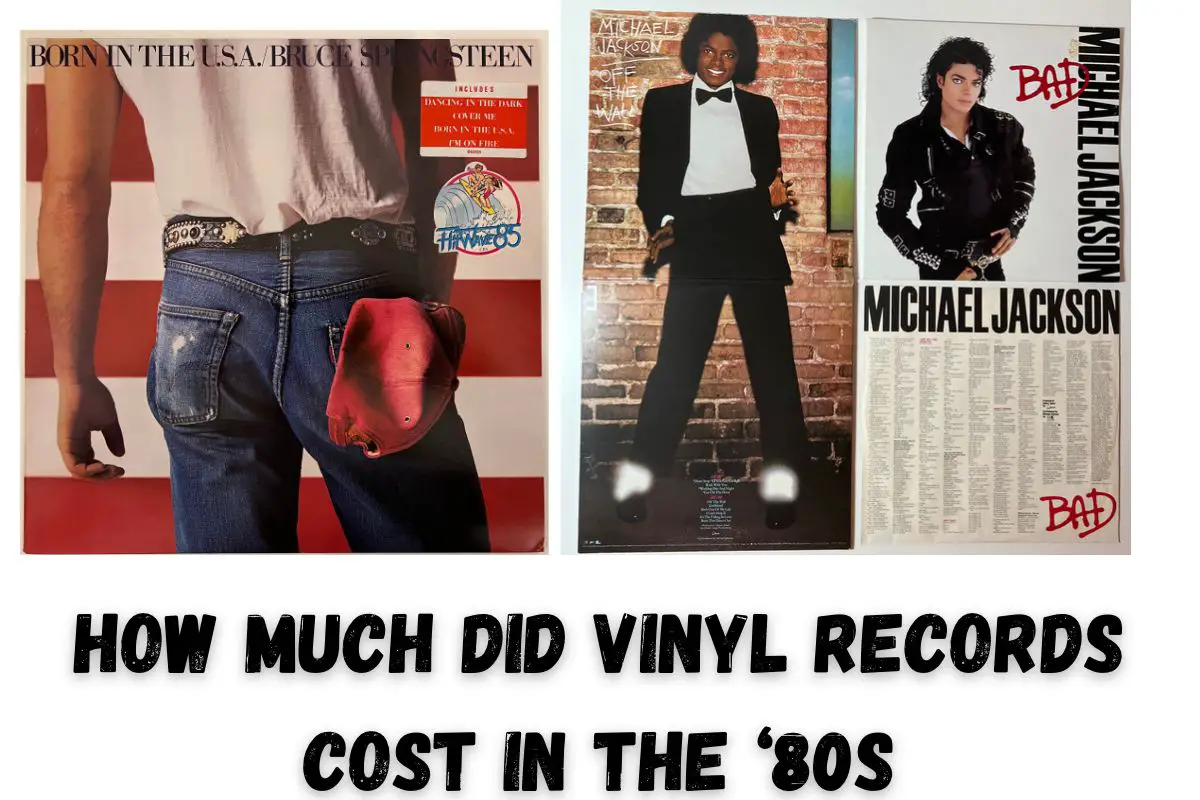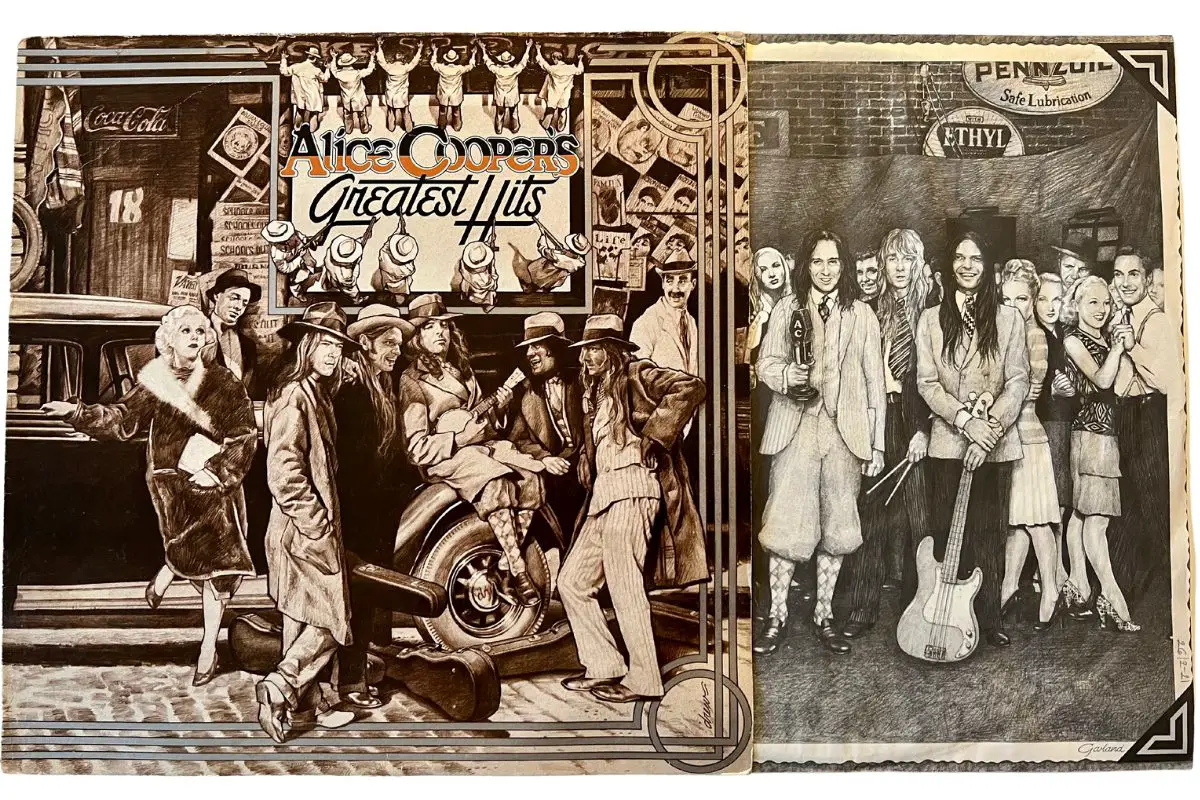This post contains affiliate links.
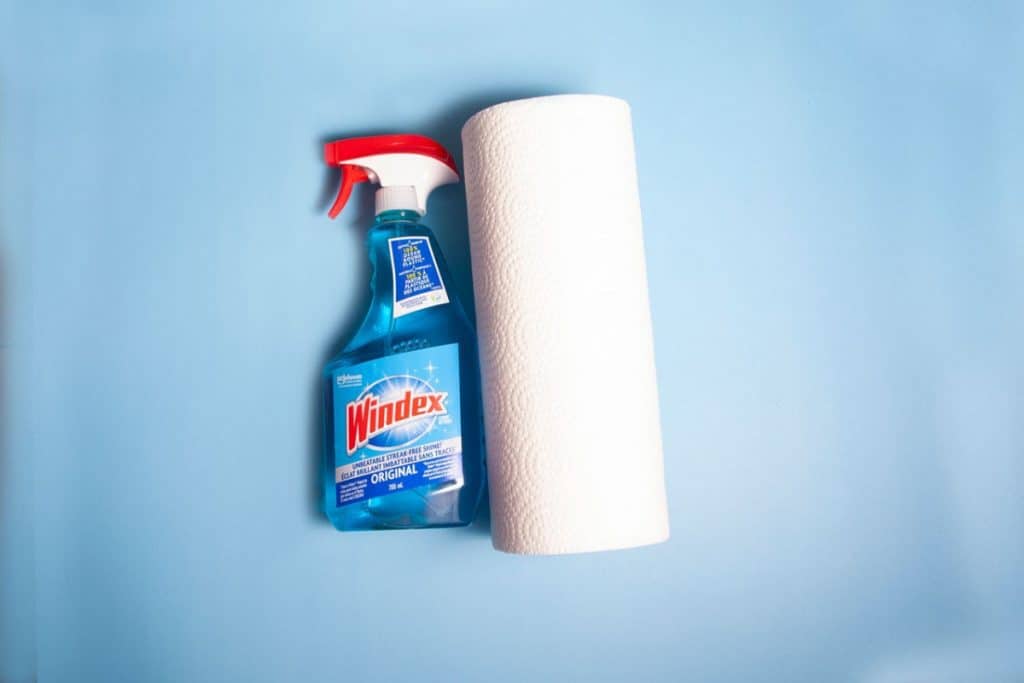
The internet is full of suggestions and mystery recipes on what to use to clean vinyl records. One such suggestion is using Windex glass cleaner, which quite frankly is a nightmare waiting to happen. Here’s why you should never use Windex to clean vinyl records.
These are the reasons why vinyl record owners should not turn to Windex glass cleaner to get the dust off of their beloved vinyl records:
1. Windex contains ammonia and alcohol
2. The product is a glass cleaner and not a specialized vinyl record cleaner
3. Professionals recommend not using Windex on your vinyl records.
This article will not only give in-depth explanations on the list mentioned above. It will also cover other harmful substances to your vinyl records and give you bonus information on cleaning vinyl records. Keep reading for more information.
Table of Contents
Here’s Why You Should Never Use Windex To Clean Vinyl Records
In my experience, a lot of people attested that Windex was their go-to vinyl record cleaner. They swore by it and what it offered to your vinyl records afterward.
Long story short, they started to notice their vinyl records slowly turning grey. That color change is never a good sign for any vinyl record owner. Here’s why.
1. Windex Contains Ammonia And Alcohol
If you pull up Windex online, you can quickly get the contents of the product. Windex contains 4.0% isopropyl alcohol and 0.05% of 28% of ammonia.
These numbers aren’t the same on all Windex products; some have a lesser percentage while others have a higher percentage. The truth of the matter is that they still contain ammonia alcohol.
But why are ammonia and alcohol the big bad in this story?
Alcohol and ammonia dissolve your vinyl records’ essential compounds and subsequently damage your vinyl records to an irreversible state.
Slowly, you will start to notice your vinyl records turning into an unwanted shade of gray.
Towards the last leg of your vinyl record’s lifespan, it will slowly start to corrode to the point of no return. You will be the Avengers, and Windex will be Thanos. You saw how that went the first time.
Alcohol and ammonia are the main reasons why Windex is a poor cleaning choice. It’s also why it’s the first reason on the list. Windex’s primary contents do not provide the proper cleaning mechanism.
2. The Product Is A Glass Cleaner And Not A Specialized Vinyl Record Cleaner
If you’re starting your vinyl collection and someone recommends this product to you, be sure to confirm the actual purpose of the product.
Sure some products work great in other industries. You cannot apply that logic to Windex.
The product manufacturer laid out the contents of the product, its purpose, and its intended surface. That is enough reason to keep your vinyl records and your window cleaner miles away from each other.
It will not end well. The vinyl record industry has numerous specialized vinyl record cleaning options to choose from, both affordable and expensive. Look into them and see if they will satisfy your needs.
3. Professionals Recommend Not Using Windex On Your Vinyl Records.
Experts in the vinyl record will confirm that Windex is not a good cleaning product for your vinyl records. Used as a glass window cleaner, it’s great. Your windows will shine like never before.
However, using it as a vinyl record cleaner, it’s best to move away from that logic and consider much better and safer options. It’s not only good for you and your hobby but also your state of mind.
No vinyl record owner would like to wake up to corroding vinyl recorders. It’s sad, honestly.
Here Are Undeniable Record Cleaning Methods To Avoid
1. Cleaning Using Wood Glue
A couple of years ago, a video went viral on YouTube of someone cleaning their vinyl records with wood glue. Yes, you read that right, wood glue.
In the video, they ask users to add the glue while the record is on the turntable. The glue dries overnight, and you peel it off the following day to reveal a new and easily cleaned vinyl record.
This method may seem like magic, an overnight cleaner with a fun and satisfying peeling session at the end?
Unfortunately, it’s not as fun as it sounds. The wood glue method would eventually damage your vinyl record.
Not only that, but you have to add the glue to the vinyl record while it’s on the turntable, and the vinyl record must spin while you do this.
How do you spare the rest of the record player?
The wood glue method is inefficient, messy, and poses a much higher risk. Experts recommend staying far from this substance and turning to other effective methods.
Not only that, but experts advise you to clean your vinyl record before using it on a record player and after using it. After completing this phase, you can properly store it. What if you wanted to use it in a couple of hours?
The inefficiency of this method persists.
2. Dish Soap
Dish soap may have come up multiple times in forums and chats as a substitute vinyl record cleaner. Again, some people can attest to some brands and their efficiency.
Its best practice to sit down and look at the list of products present in dish soap brands. Not only that, but brands change their formulas over the years.
A dish soap brand that was great five or six years ago may not be the exact product today. Brands evolve with time, and changing their formulas may be a thing of the norm for them.
Because of this risk, experts advise steering clear from dish soaps if their formula will react badly to PVT (the main component of vinyl records) and if the formula changed with time.
Still, there are other specialized products in the market to help you clean your vinyl records. A silver lining exists for vinyl record owners.
Summary Of Cleaning Vinyl With Glass Cleaning Products
1. Is It Okay To Clean Vinyl Records With Windex?
No, it is not okay to use Windex glass cleaner as a vinyl record cleaner. Windex contains amounts of ammonia and alcohol. Regardless of the amount, these substances are harmful to vinyl records.
Ammonia and alcohol cause vinyl records to corrode. The vinyl records also become incredibly damaged and cross the point of no return. You can never restore the vinyl records.
Experts also advise keeping your vinyl records and Windex glass cleaner far from each other. It’s too toxic.
2. What Shouldn’t You Use To Clean Vinyl Records?
Experts advise staying away from Windex, wood glue, dish soaps, and anything else containing ammonia and alcohol. Or even anything that can negatively affect PVT, the main component of vinyl records.
These substances will cause harmful effects to your vinyl records. Moreover, if you can consult a record collector, be sure to consult on what they use to clean vinyl records. Check with other reputable sources on what the good and the bad of vinyl record cleaning are in the industry.
Research is a core part of the process. You cannot dismiss it.
3. Can You Use Any Other Glass Cleaner On Vinyl Records?
Ammonia and alcohol are one of the most common ingredients in glass cleaners. Inevitably, you cannot escape the glass cleaner ghost. It will haunt and corrode your vinyl records.
Be sure to check the ingredients of a glass cleaner. Despite the amount of ammonia and alcohol, it will damage your vinyl records as long as it’s present.
Take care of your vinyl records, and glass cleaners are not the way to do it.
Related Articles:
- How To Properly Use WD-40 To Clean Vinyl Records
- Is Vinegar a Good Way to Clean Vinyl Records?
- A Step By Step Guide To Cleaning Vinyl Records With Microfiber
- A Complete Guide To Properly Cleaning Your Vinyl Records
Sources
1.Jenna Miles, The Beginner’s Guide to Vinyl Records: How to Build, Maintain and Experience a Music Collection in Analogue (Massachusetts: Adams Media,2017) 256.
2.Brenntag, The Various Chemicals in Glass Cleaners, Brenntag, https://www.brenntag.com/en-us/industries/household-industrial-institutional/chemicals-in-glass-cleaner/ Accessed July 18th, 2021.
3.Wikipedia, Windex, Wikipedia, https://en.wikipedia.org/wiki/Windex Accessed July 18th, 2021.
4.Marc Henshall, How not to clean vinyl records, Sound Matters, https://www.yoursoundmatters.com/how-not-to-clean-vinyl-records/ Accessed July 18th, 2021.
VacationVinyl.com is a participant in the Amazon Services LLC Associates Program, an affiliate advertising program designed to provide a means for sites to earn advertising fees by advertising and linking to Amazon.com. We also participate in other affiliate programs which compensate us for referring traffic.

